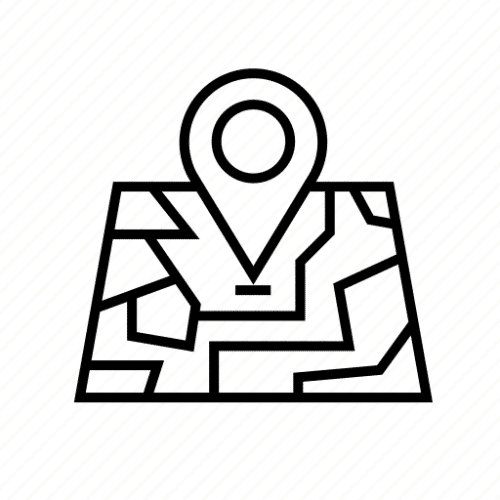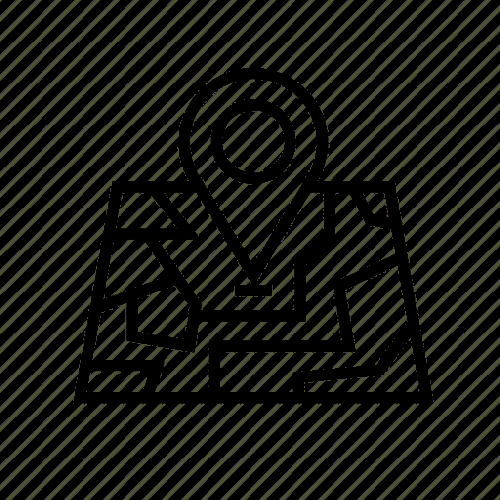Anti-CSRF (Cross-Site Request Forgery) tokens
To protect Codeigniter3 web applications from malicious attacks, it provides built-in CSRF protection. It can be enabled by making $config[‘csrf_protection’] = TRUE in the application/config/config.php file. Then include the CSRF token in the form. A CSRF token is valid for a single form submission. A new token is generated for the next form submission. The request or submission consider genuine when the token submitted with the form or request matches the token recorded in the session. If not, it is a potential CSRF attack.
Sanitize Inputs
Sanitizing the data is more beneficial than accepting it. Codeigniter offers to filter for cross-site scripting prevention. To filter form data before saving it into the database use the xss_clean() method. Load the form validation library in Codeigniter and set proper validations. It’s crucial to appropriately escape data when working with inputs that will be utilized in database queries to avoid SQL injection attacks is crucial. CodeIgniter provides a database library that handles escaping automatically for most queries. Use the active record pattern or query bindings to ensure proper escaping. In some cases, use custom sanitization based on the specific requirements.
Securing Cookies
Securing cookies is important for maintaining the security and integrity of web applications. Set an encryption key in the ‘config.php’ file. Set the ‘secure’ parameter ‘TRUE’ when setting a cookie in the application. Thus it ensures the cookie transmission is over an HTTPS connection. To prevent cookies from being accessed by JavaScript code, use the ‘httponly’ parameter.
Set CSP (Content Security Policy) Header
CSP is an added layer of security feature that helps to protect web applications from XSS attacks and other code/data injection attacks. Website owners can declare approved sources of content that browsers should load on a page by setting a set of standard HTTP headers known as CSP. Loading and executing content sources, such as scripts, stylesheets, pictures, and fonts are specified by the CSP header.
Adding Cross-Origin Resource Sharing (CORS)
Web browsers implement a security mechanism to enforce restrictions on cross-domain HTTP requests made by JavaScript code running on a web page. It enables a server to specify any other origins (domain, scheme, or port) from which a browser should load resources.
Adding Anti-clickjacking Header
Attackers use clickjacking as a malicious technique to trick users into unknowingly performing actions or revealing sensitive information on a web page. In a clickjacking attack, the attacker overlays or masks a legitimate website or application with a malicious element, typically through the use of iframes or other HTML elements. Anti-clickjacking headers are a set of HTTP response headers that are used to protect web applications from clickjacking attacks.
Looking for a professional CodeIgniter website developer, Sreyas is the leading website development company, best web designing company, best e-commerce development company, and best mobile app development company. We provide CodeIgniter support and service globally, especially in European countries.







